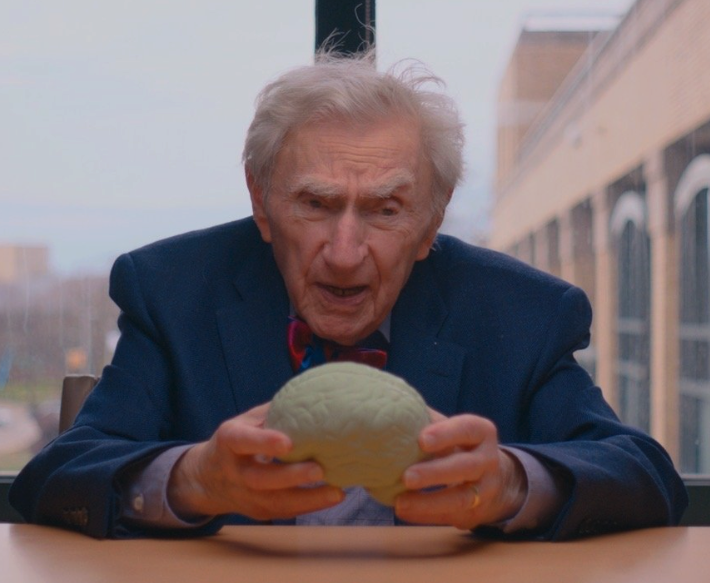PBS cuts red tape for Authority script approvals
The PBS approval system is being simplified to allow prescribers to obtain immediate approval for Authority Required (Written) prescriptions online without having to submit paperwork by post to Services Australia for assessment.
Starting from 1 July, prescribers will be to apply digitally for authority approval to prescribe certain PBS listed medicines using Services Australia’s Online PBS Authorities (OPA) System.
Authority requests will be assessed via questions within the OPA system via HPOS in real time, allowing prescribers to obtain immediate authority approval (following confirmation of eligibility), without having to submit physical copies of forms, prescriptions and test results.
“This same channel is already in use for medicines that have Authority Required (telephone) PBS listings and these changes are intended to reduce the administrative burden for prescribers and allow patients to have faster access to their medicines,” the Department of Health said.
However it cautioned that the changes would be phased in gradually as not all PBS medicine listings could be updated at the same time. A list of cancer medicines for which PBS changes has been published by Services Australia.
Prescribers will still be able to submit applications for authority to prescribe via Australia Post or upload documents in HPOS if they choose to do so.
Neurologist still working on his 100th birthday
 A 100-year old neurologist is still working in Cleveland, Ohio, after a career that has spanned 75 years in practice.
A 100-year old neurologist is still working in Cleveland, Ohio, after a career that has spanned 75 years in practice.
Dr Howard Tucker started work in 1947 after training at the Neurological Institute of New York and is still consulting with patients and teaching junior doctors at the city’s St. Vincent Charity Medical Center.
Dr Tucker holds a Guinness World Record for being the oldest practicing doctor and says he has no plans to retire.
“I have to keep doing things because I can’t stand being at home,” Tucker said with a chuckle. “As long as people accept me, I’m going to continue to practice. I enjoy myself,” he told local media.
A documentary film about his life and work is to be released next year.
Little known about new daily persistent headache
Neurologists are practicing in an ‘evidence-free zone’ when it comes to new daily persistent headache (NDPH) because so little is known about the causes, biomarkers and treatment of the condition, a paper in JAMA Neurology asserts.
Research is urgently required into the condition that often starts in adolescence with headache that has a “distinct and clearly remembered onset,” and becomes continuous within 24 hours of starting, the viewpoint article by headache neurologists led by Dr Amy Gelfand, of the Child & Adolescent
Headache Program, University of California.
“As an invisible illness, with no demonstrable laboratory or imaging biomarker, NDPH is a setup for patients to experience social stigma and can be truly life shattering. Despite its effect, we know shockingly little about NDPH,” they write.
Neurologists often treat NDPH with migraine therapies if the phenotype is migrainous, and tension-type headache therapies, they note.
However randomised clinical trials are lacking to inform treatment decisions, they add.
“Qualitative and/or quantitative research that delves into which patient-reported outcomes are most important to this patient population is urgently needed. Complacency about poor outcomes in NDPH cannot be accepted, and we must strive to set measurable, practical, and meaningful outcomes to assess the benefits of current and future therapies,” they advise.